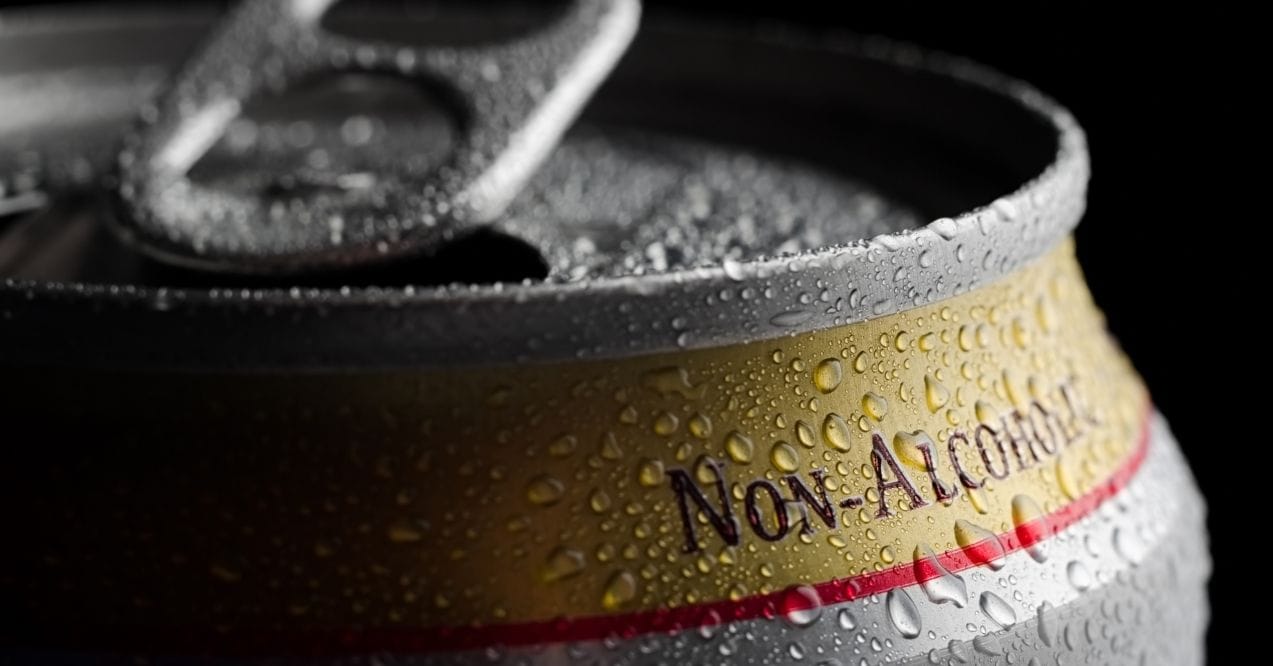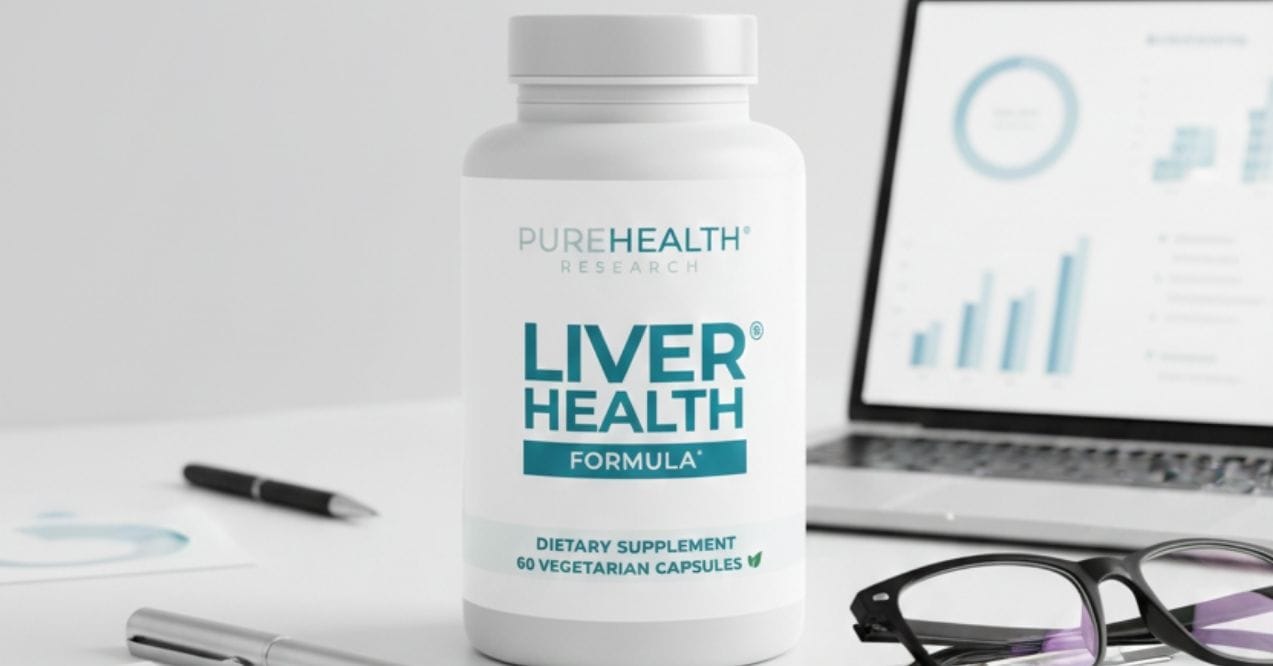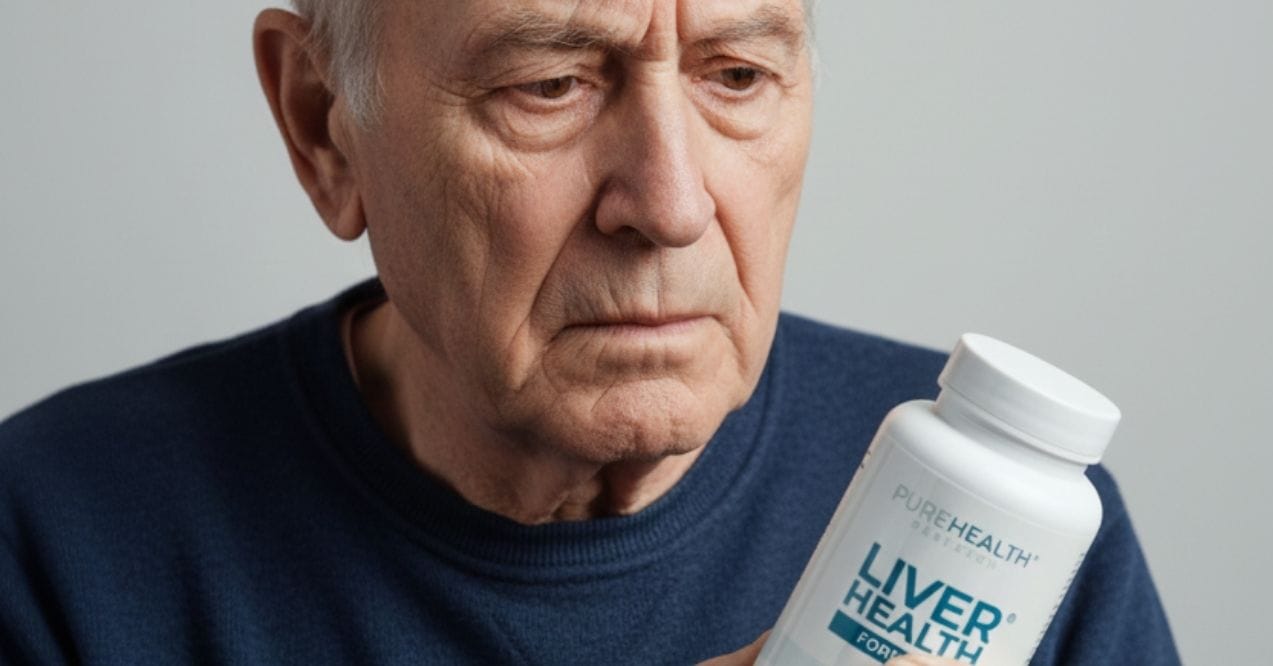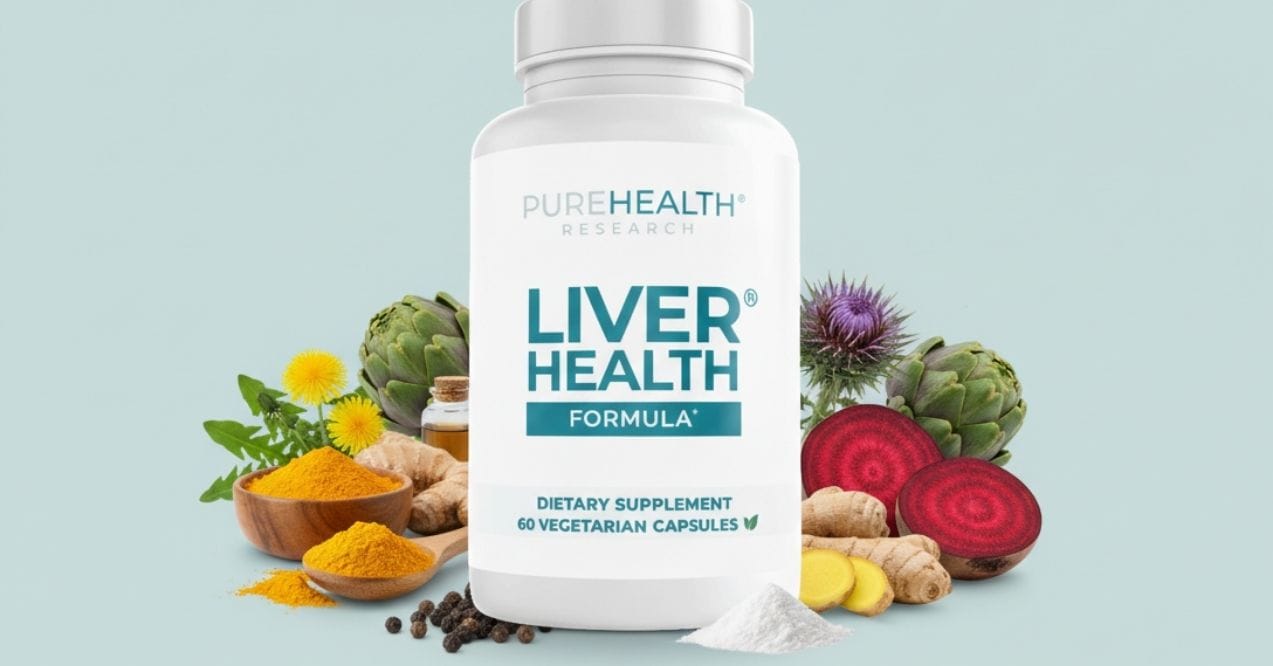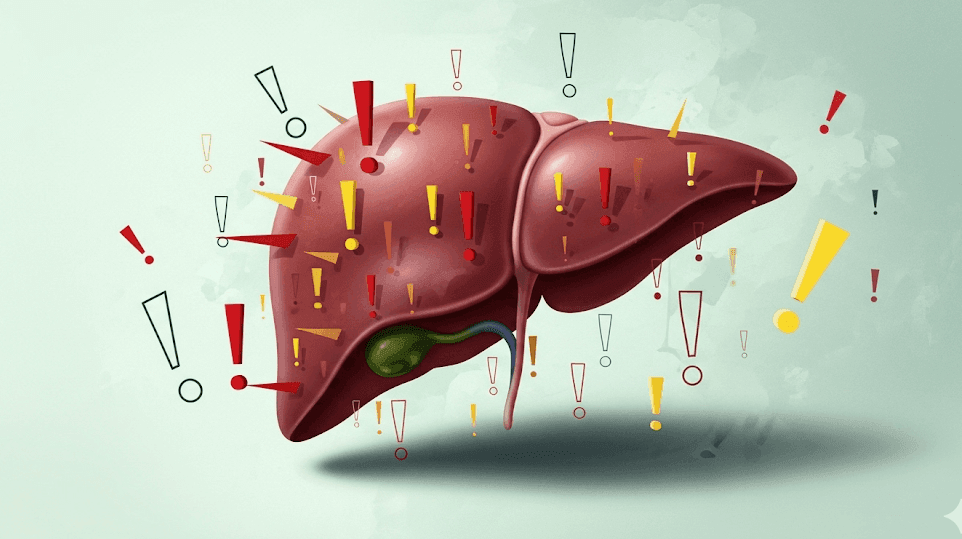Is Lemon Water Good for Your Liver: Fact vs Fiction
Is lemon water good for your liver? Learn what science says about lemon water benefits, liver health claims, and what really works.
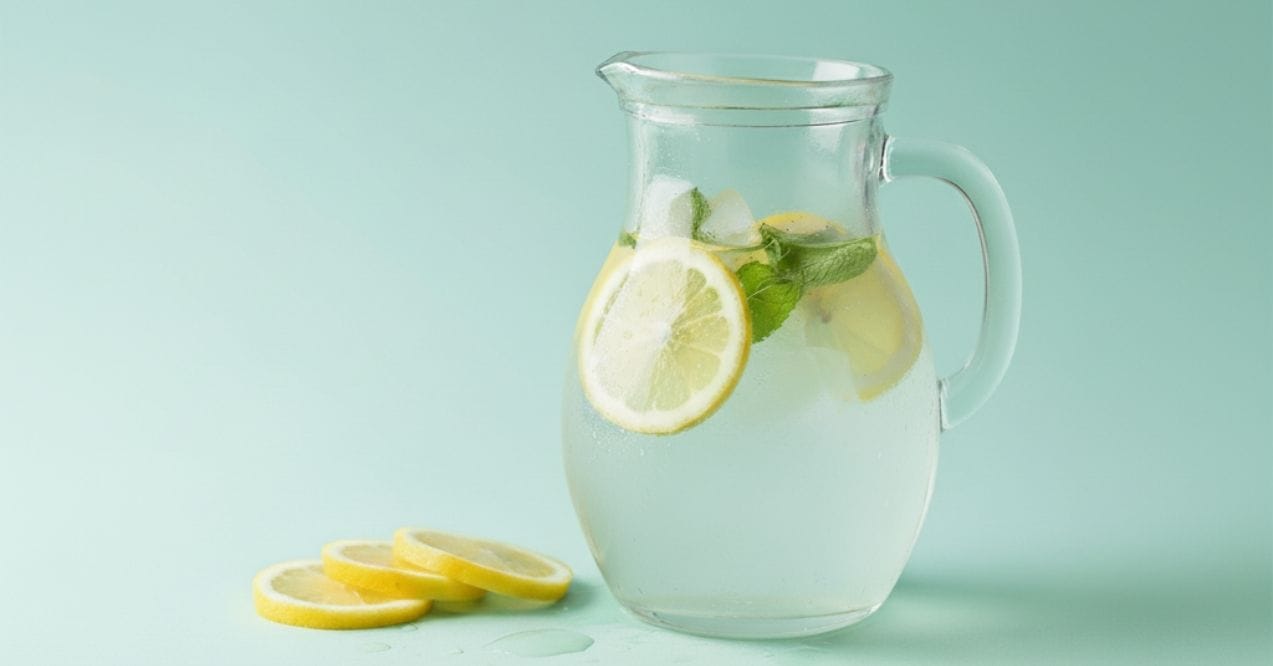

Is lemon water good for your liver? This simple morning ritual has gained massive popularity. Claims range from liver detoxification to fat reduction. Social media promotes lemon water as a miracle drink for liver health.
The truth sits between the hype and the science. Your liver works as a powerful filtration system. It processes nutrients and eliminates waste without needing special drinks. Lemon water offers some genuine benefits. Separating fact from fiction helps you make informed choices.
What’s Inside Lemon Water?
Lemons contain several compounds that contribute to wellness. A single lemon provides about 30-40 milligrams of vitamin C. It also has small amounts of B vitamins, potassium, and magnesium. The flavonoids in lemons show antioxidant properties in research studies. These include hesperidin and diosmin. Citric acid gives lemons their tart flavor.
When you add lemon to water, you get diluted nutrients. The main benefit of lemon water and liver health comes from water itself. Adequate hydration helps every organ system work properly. This includes the liver’s ability to process nutrients and move waste. The lemon makes plain water taste better. This simple change may help you drink more throughout the day.
Antioxidants and Liver Inflammation
Vitamin C and flavonoids in lemons work as antioxidants. They help neutralize unstable molecules called free radicals. Your body faces stress from pollution, processed foods, and natural metabolism. These lemon compounds potentially offer some protection. Animal studies suggest citrus flavonoids might reduce inflammation markers in liver tissue. The amounts used in research typically exceed what you’d get from lemon water. The connection between a glass of lemon water and liver protection remains indirect.
Hydration and Bile Production
Water helps your liver produce bile. Bile is a fluid that breaks down fats during digestion. When you’re well-hydrated, bile flows more easily through the liver and gallbladder. Lemon water benefits for liver function come primarily from hydration. The lemon compounds play a smaller role. Some people prefer warm lemon water in the morning. It helps start hydration after sleep. The warmth may feel soothing. Cold or room temperature water works just as well.
Is Lemon Water Good for Your Liver? What Research Shows
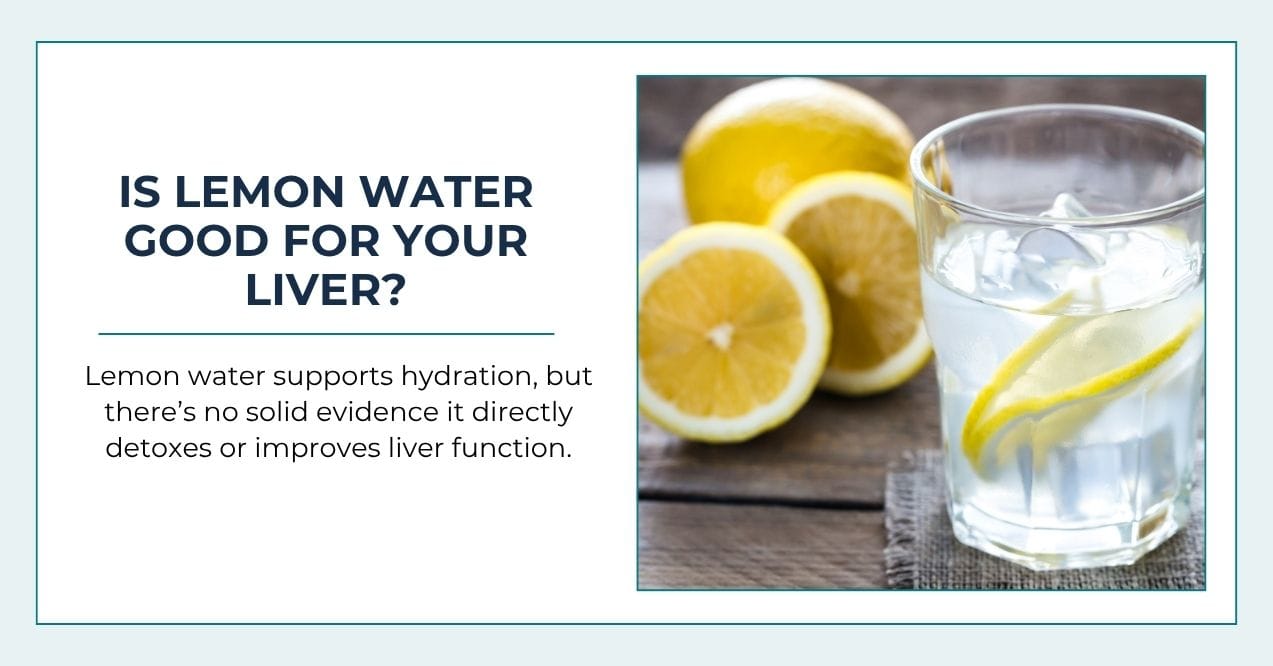
Most claims about does lemon water help liver function come from misinterpreted research. The majority of studies use concentrated lemon extracts in animals. They don’t use diluted lemon juice in humans. One frequently cited study gave mice high doses of lemon juice alongside alcohol. The results showed reduced liver damage markers. But translating animal doses to human equivalents would require several cups daily. That’s neither practical nor advisable for your teeth and stomach.
A small human study tested lemon juice with carbohydrate-rich meals. It found slightly reduced blood sugar spikes. This effect relates to enzyme activity in saliva. It doesn’t show direct liver action. The research shows potential for lemon compounds in concentrated forms. But lemon water for liver detox lacks direct clinical evidence in humans.
Research Highlights and Limitations
The current evidence presents a mixed picture. Several factors limit how we interpret existing studies. Consider these findings:
| Study Type | Finding | Limitation |
| Mouse study (2017) | Lemon juice reduced alcohol-induced liver enzyme elevation | High doses not equivalent to typical human consumption |
| Animal study (2002) | Lemon peel extract lowered liver cholesterol | Used concentrated extracts, not whole lemon in water |
| Human study (2015) | Lemon juice with meals reduced post-meal blood sugar | Effect relates to digestion, not liver detoxification |
| Review studies | Citrus flavonoids show anti-inflammatory properties | Most research uses isolated compounds at higher doses |
Confounding factors include variations in lemon varieties and preparation methods. Short study durations and small sample sizes further limit conclusions.
Common Myths About Lemon Water and Liver Cleansing
The internet overflows with claims about is lemon and water good for your liver. Many of these assertions sound appealing but lack scientific backing. The language around “detox” and “cleanse” creates unrealistic expectations. Your liver doesn’t accumulate toxins that need flushing. Instead, it continuously processes and eliminates waste through complex biochemical pathways.
Does lemon water cleanse the liver in any meaningful way? The short answer is no. It may help hydration, which matters for health. Let’s examine two persistent myths about lemon water and liver function.
Myth 1: Lemon Water Flushes Liver Toxins
Your body eliminates waste products through urine, bile, and stool. No special drinks are required. The liver filters blood constantly. It breaks down substances into forms the kidneys and intestines can remove. Drinking lemon water doesn’t accelerate this process. The vitamin C in lemons may offer some antioxidant help. This differs entirely from “flushing” toxins. Adequate hydration helps your kidneys produce urine more effectively.
Myth 2: It Melts Away Liver Fat
Fatty liver develops when excess fat accumulates in liver cells. This often relates to weight, diet, or metabolism. Only sustained weight loss through calorie reduction can reduce liver fat. Increased activity also helps. Lemon water contains virtually no calories. It won’t directly impact fat storage in the liver. Some research suggests lemon’s citric acid might slightly reduce appetite. This could potentially help with portion control. Attributing liver fat reduction to lemon water oversimplifies complex processes.
Real Ways to Help Your Liver (With or Without Lemon Water)
Effective liver care comes from sustained habits rather than quick fixes. Lemon water can fit into a healthy routine. It shouldn’t replace evidence-based strategies. The good news is that your liver responds well to consistent improvements. Focus on what actually makes a difference based on solid research.
If you enjoy lemon water good for liver as part of your morning, keep drinking it. Just maintain realistic expectations about its role in your health.
Foods and Nutrients That Help Liver Health
Leafy greens like spinach, kale, and arugula contain helpful compounds. They may aid the liver’s natural detoxification enzymes. Cruciferous vegetables offer similar benefits through sulfur-containing compounds. These include broccoli, cauliflower, and Brussels sprouts. Berries provide antioxidants called anthocyanins. These show protective effects in research studies. Healthy fats from olive oil, avocados, and fatty fish help cells throughout the body.
Bitter foods including dandelion greens and turmeric have traditional use for digestive health. Modern research remains limited on these foods. For those looking to avoid foods that can damage your liver, reducing processed items makes the biggest difference. Cutting excess sugar and alcohol also helps. Some people find that best supplements for liver health help fill gaps in their diet. This works best when combined with whole food nutrition and consistent healthy habits.
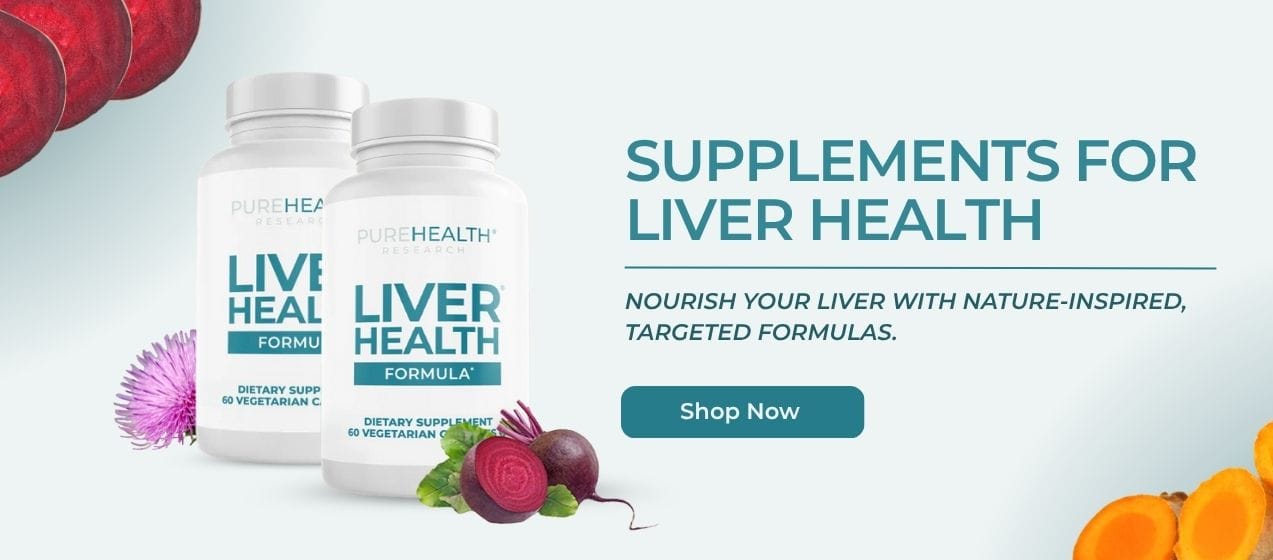
Lifestyle Habits That Matter More Than Detox Drinks
Regular physical activity helps maintain healthy weight. It reduces fat accumulation in the liver. Even 30 minutes of moderate movement most days shows benefits in research. Limiting alcohol consumption protects liver cells from damage. It allows regeneration. For those who drink, moderation matters more than elimination for most people.
Reducing added sugars and refined carbohydrates helps your liver. Quality sleep allows cellular repair processes throughout the body. This includes liver tissue. Managing stress through methods that work for you helps too. These foundational habits offer far more impact than any single food. If you want comprehensive guidance on improving liver function, combining multiple strategies creates lasting results.
Conclusion
Is lemon water good for your liver? It’s a refreshing, hydrating choice that provides vitamin C and makes water consumption more enjoyable. That said, it won’t detoxify your liver, melt away liver fat, or replace sound nutrition and lifestyle habits. The liver already excels at self-maintenance through sophisticated biological processes.
Think of lemon water as one small piece of a larger wellness puzzle rather than a standalone solution. If you enjoy the taste and it helps you stay hydrated, there’s no reason to stop. Just pair it with evidence-based strategies like balanced nutrition, regular movement, and adequate sleep. These fundamentals matter far more than any trending beverage.
Pay attention to genuine warning signs of liver damage rather than worrying about daily detox rituals. Your liver thrives on consistency and moderation, not dramatic interventions or miracle drinks.
No, lemon water doesn’t cleanse the liver. Your liver naturally eliminates waste through bile and enzymatic processes without needing special drinks. Lemon water provides hydration and vitamin C, which may support overall function, but it doesn’t perform detoxification or cleansing actions.
Lemon water alone won’t reduce fatty liver. Managing fatty liver requires sustained weight loss through diet changes and increased physical activity. Staying well-hydrated supports metabolic function broadly, and lemon water can help you drink more water. However, comprehensive lifestyle changes matter most.
Lemon water primarily benefits liver health through improved hydration, which supports bile production and waste elimination. The vitamin C and antioxidants in lemons may offer mild protection against oxidative stress. These benefits are modest and work best alongside balanced nutrition and healthy habits.
Most people can safely drink water with half a lemon to one whole lemon daily. There’s no specific therapeutic dose for liver health since lemon water isn’t a medical treatment. Focus on overall hydration needs rather than lemon quantity. Excessive amounts may affect tooth enamel.
Sign up for our Healthy Living newsletter!
Advertisement. This site offers health, wellness, fitness and nutritional information and is designed for educational purposes only. You should not rely on this information as a substitute for, nor does it replace, professional medical advice, diagnosis, or treatment. If you have any concerns or questions about your health, you should always consult with a physician or other health-care professional. Do not disregard, avoid or delay obtaining medical or health related advice from your health-care professional because of something you may have read on this site. The use of any information provided on this site is solely at your own risk.



